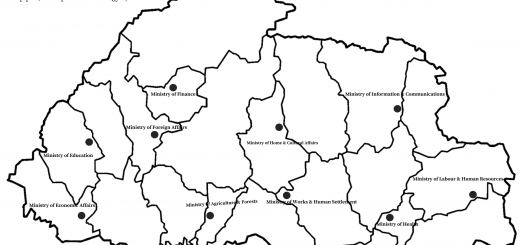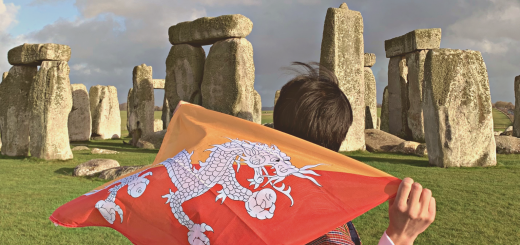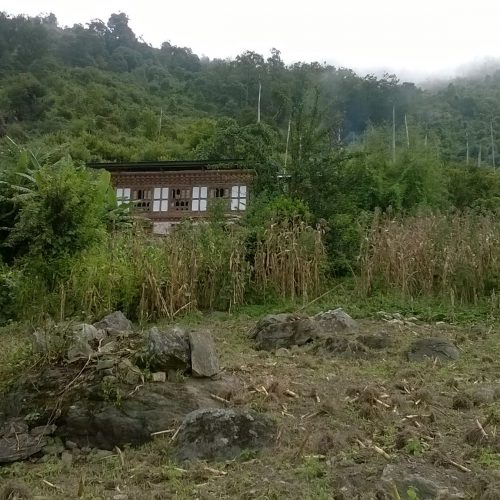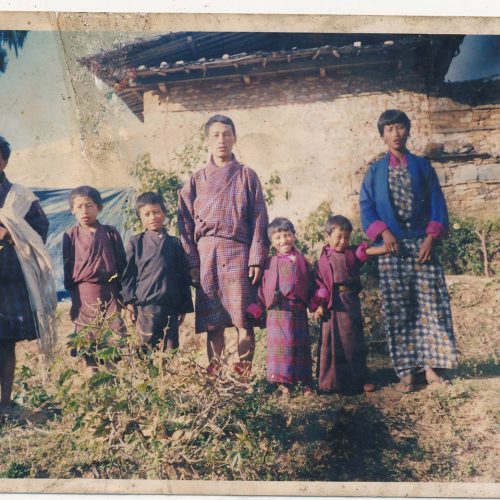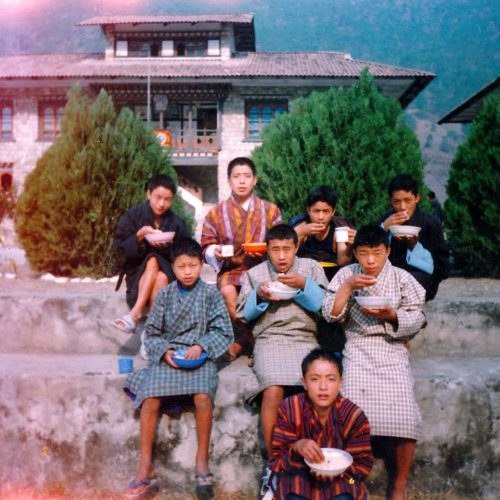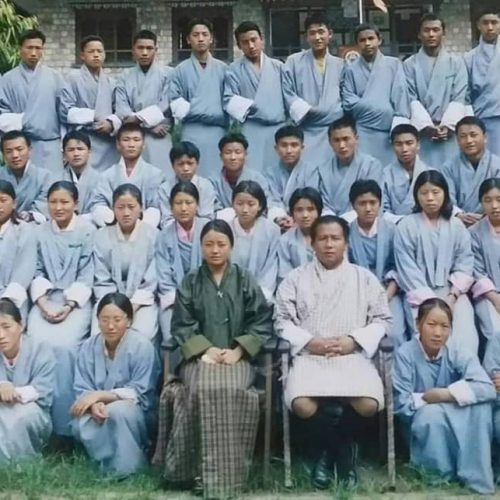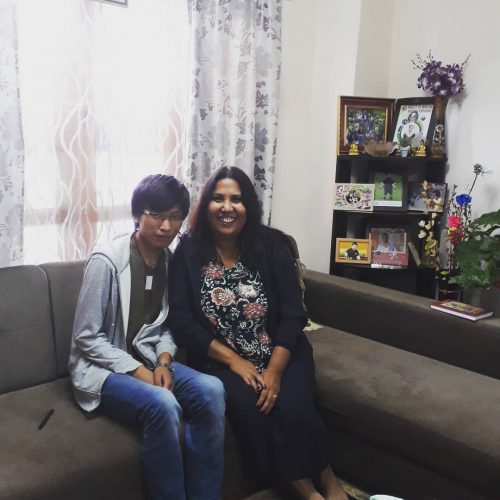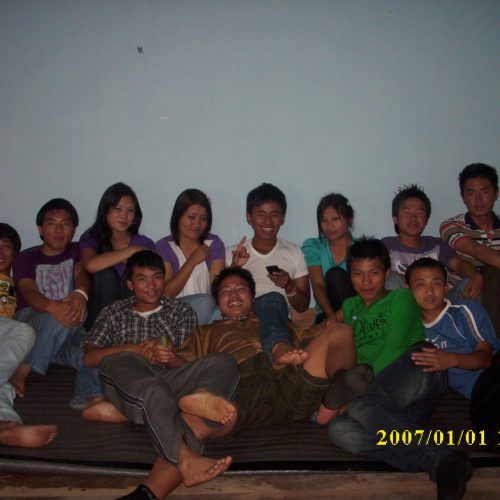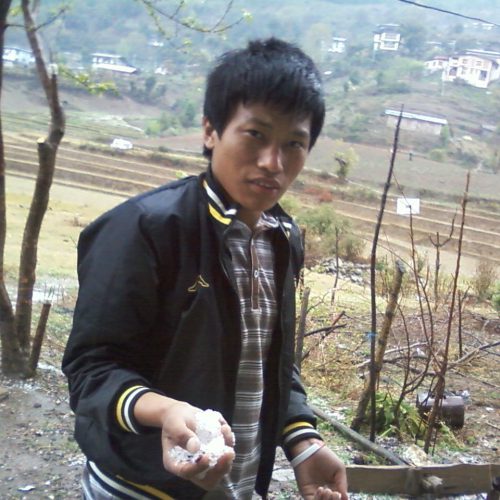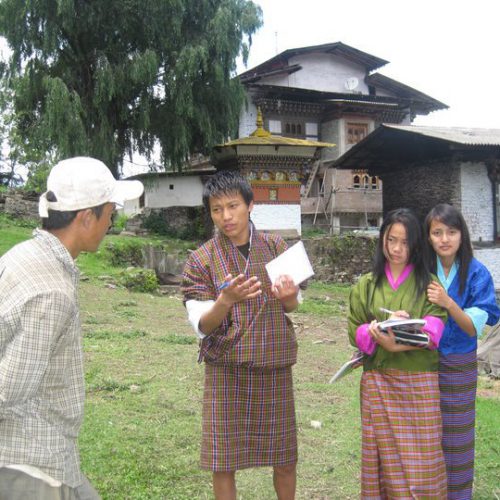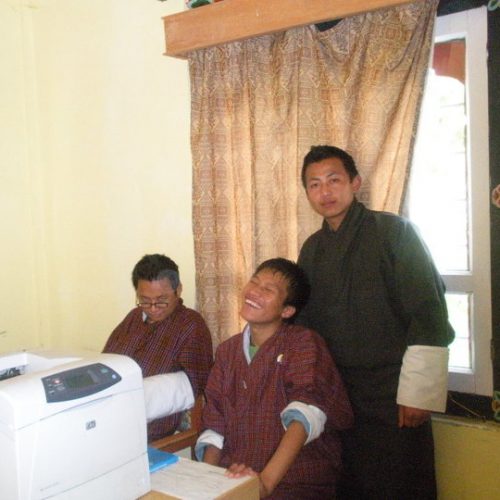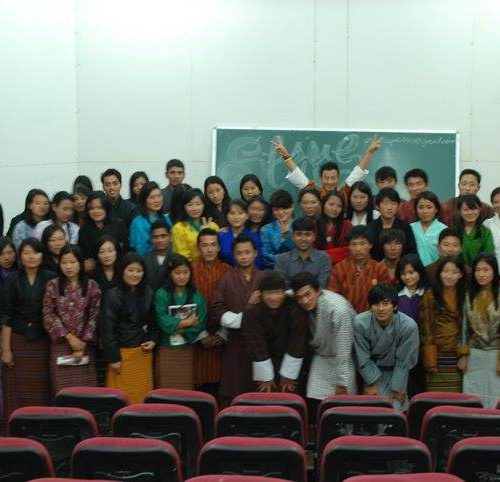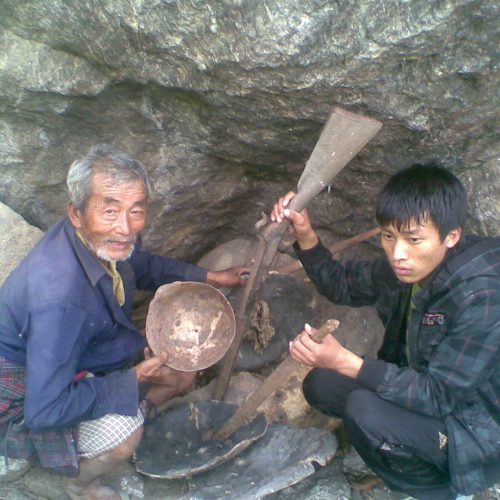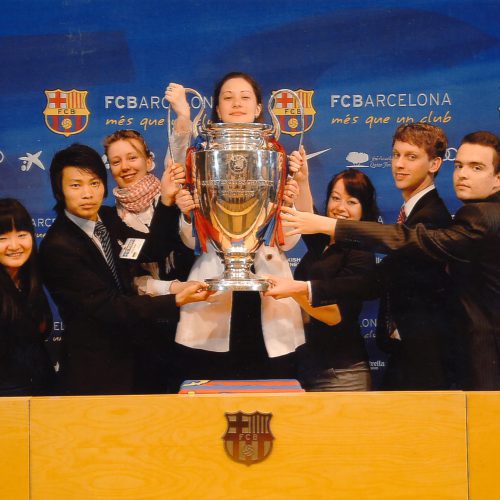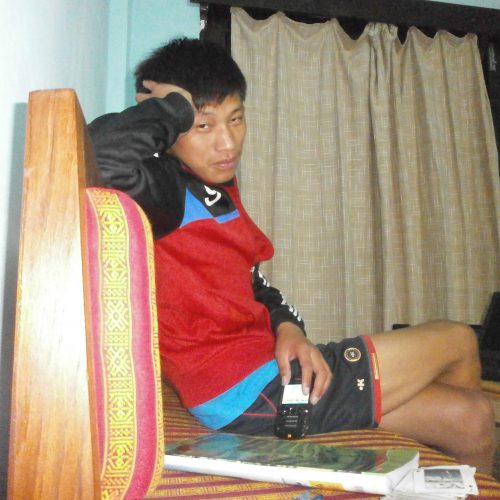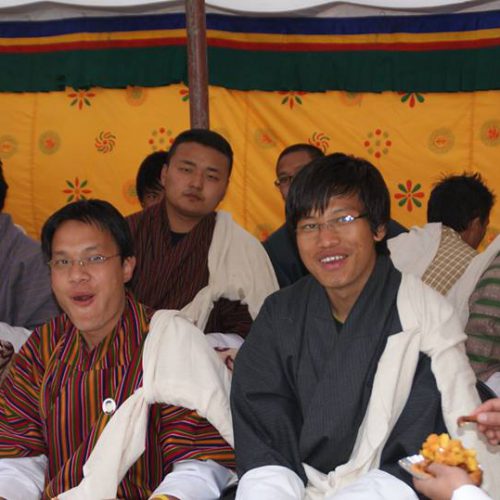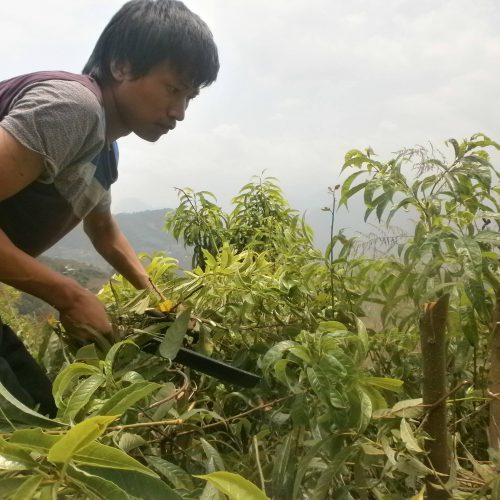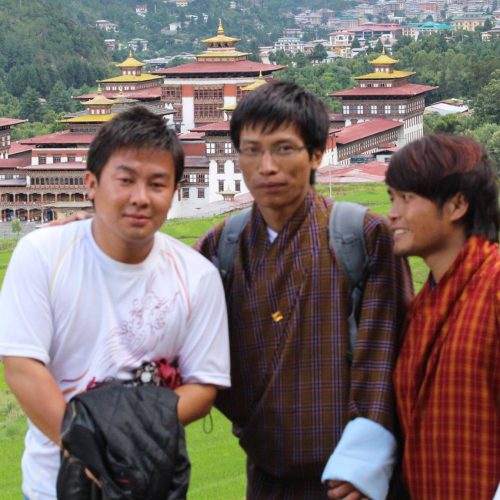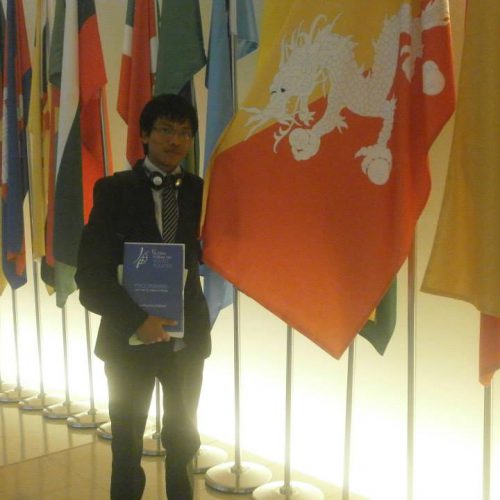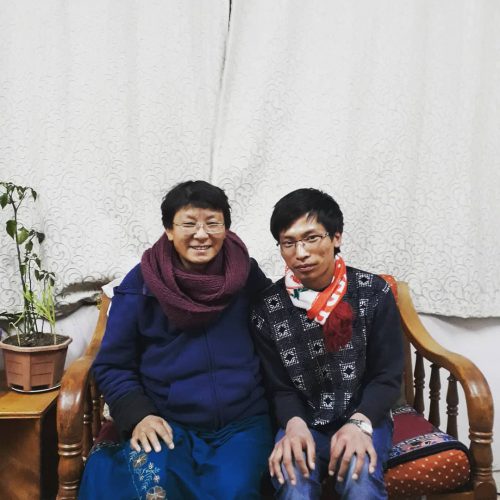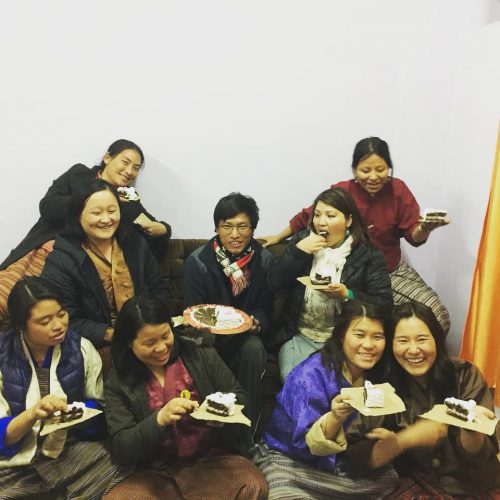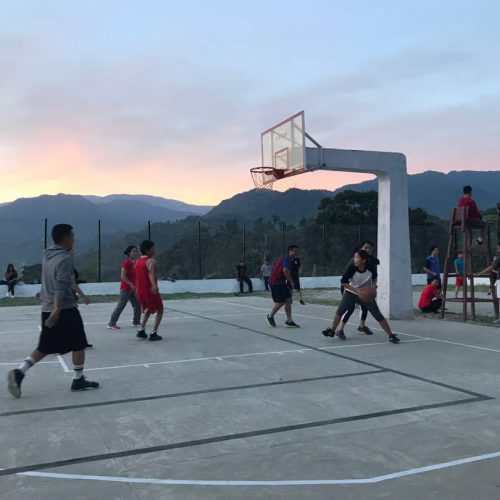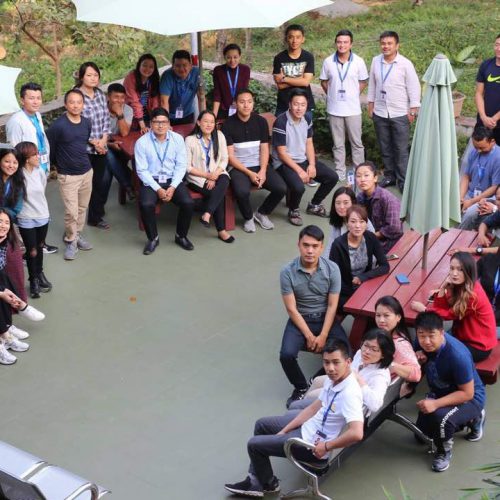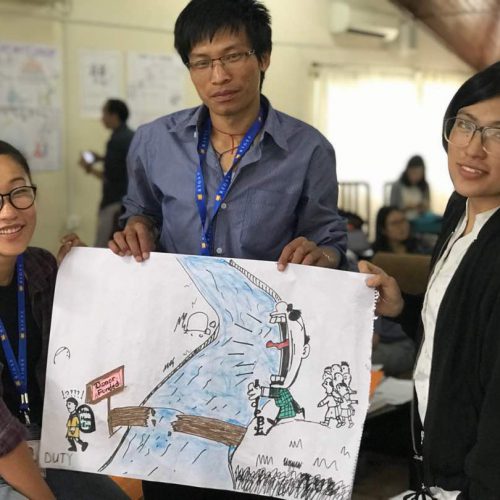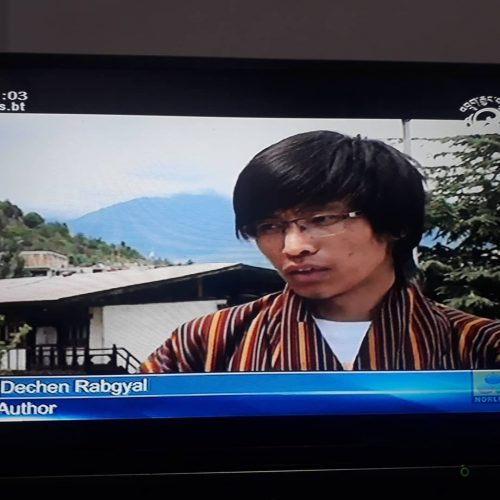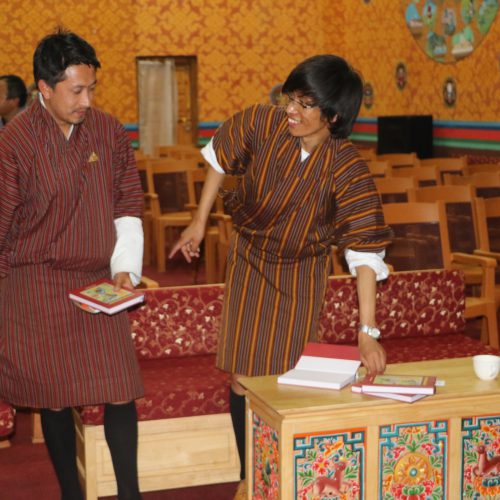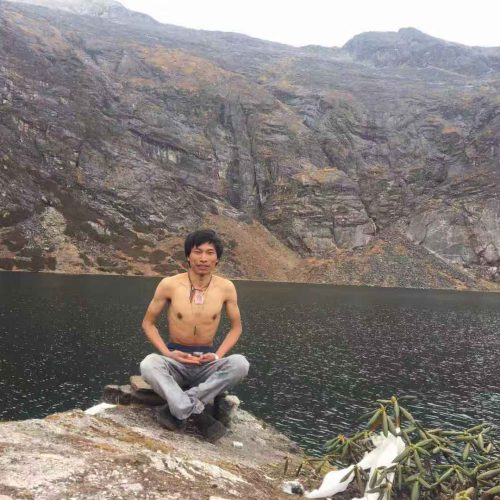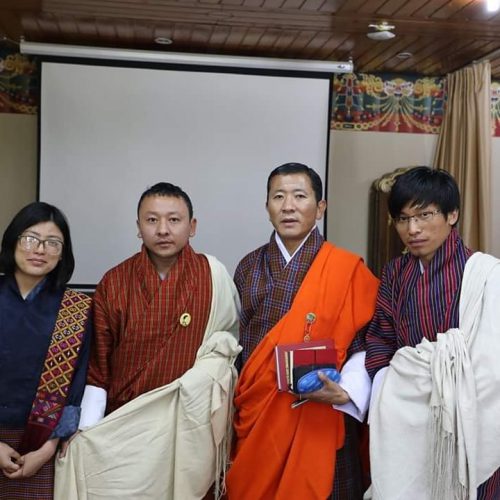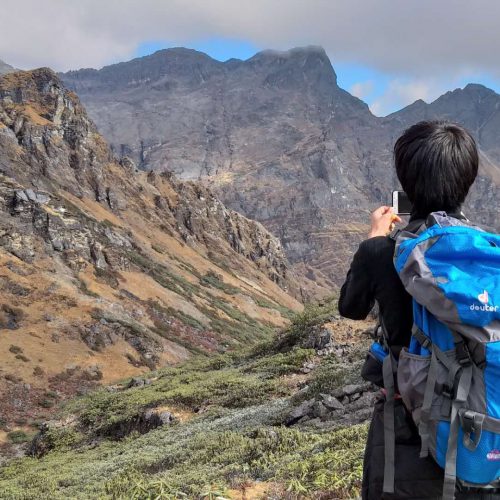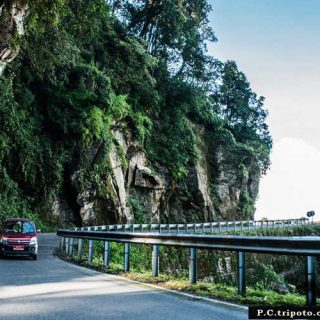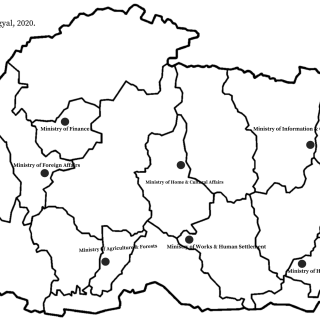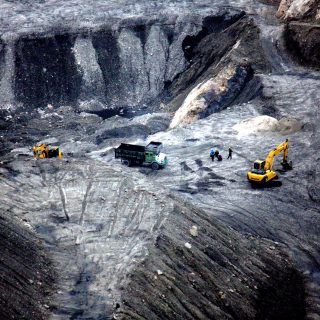Aspiration, apprehension and uncertainty: Navigating pathways of career choices
Life is a continuous process of learning. From infant and toddler to old age, interaction with wider community shapes one’s mental formation and conduct. Choosing a career, an occupation undertaken for a significant period of a person’s life, therefore forms the central part of our everyday lives. Understandably, making a career choice is important for following two reasons:
- Amount of time spent: Having chosen a job, a person spends majority of his or her time, not less than 8 hours (0900 hrs – 1700 hrs) a day, minimum 5 days a week doing work related to the career so chosen; and
- Preciousness of human life: Rare does ‘a blind turtle living at the ocean floor, which surfaces for air once every 100 years is able to pop its head through the hole of one holed yoke, tossed about by wind and currents.’ Even rarer is the possibility to get a human life form (The Thirty Seven Practices of Bodhisattva Way of Life’).
Significant period of life one would spend coupled with rarity of being born as a human, make making a career choice all the more important for it would determine one’s course of life – peace, happiness, productivity and fulfilment. The pathways to career choice, however is not a plain sailing. And, decisions one takes may lead to agony, despair, regret and feeling of worthlessness. For young people, who are yet to find his/her footing, it is painstakingly a difficult task to navigate through.
Young people are known for their youthful drive, energy and passion. Nonetheless, fear of mistake and disappointment holds young people back – energy underutilized and opportunities unexplored. Mistake, disappointment, fear of losing love and approval compounded by lack of experience in decision making and clarity in thought and direction act as a stumbling block for young people to move forward. Seelig (2009) categorizes human persons into two categories, viz. one category who waits for others to give permission while another category grant themselves the permission to unleash their energy and explore the uncharted territories. Generally, people tend to be more risk averse than risk seeking (Kahneman, 2011). If mistakes and probable disappointments act as impediments to one’s career decision making, it is important to acknowledge that mistakes are part and parcel of life-long learning and lessons learnt from the mistakes indeed help lay the firm foundation for future growth and success.
John Fitzgerald Kennedy, the 35th President of the United States of America, after the disastrous ‘Bay of Pigs’ operation of April 1961 in which 114 Cuban exiles who sided with Americans were killed and another 1,100 taken as prisoner compelling the exiles to surrender after less than a day of fighting, lamented, “the worst experience of my life” (Milton, 2003, p.117). His later reforms in the areas of civil rights, thawing the Cold War, handling of the Cuban Missile Crisis, negotiation with the Russian President Nitikita Krushchev and Nuclear Test Ban Treaty of 1963 made him one of the widely admired Presidents of the US with the overall average approval rating of 70.10 (Gallup, 2018), the highest among modern (post World War II) US presidents.
As much as one dares to explore, one has to have the courage to admit one’s mistake and learn maximum from it through reflection and review. Only then, adventure and high stake decisions become a rewarding experience and propels the learning curve to rise.
Confronted with apprehension and uncertainty to chart their own career path, the following decision making stages would help one steer one’s career path:
- Identify the decision to be made: As in any other case, one needs to take a resolve that one will have to take a decision, career choice (for the purpose of this article). Reasons such as job satisfaction, remuneration, job security, work – home life balance and team work prop up in one’s mind. For instance, majority of Bhutanese want to pursue their career in civil service because of job security.
- Know yourself: To choose a career that would best serve one’s interest as well as to be in a position that would be of maximum help to others, it is important to know oneself first (raising consciousness). Assess and review your interest (things you enjoy, people you would love to work with and a kind of work setting you desire), skills (what can you do best, your strength and weaknesses, what skills you want to implement and acquire), and values (what are the things you value, what are the things you need to imbibe). For example, if you are looking for a minimal bureaucratic (red tape) work setting and have some reviewing and analytical skills with determination to enhance integrity levels in you and others, organisations such as the Anti-Corruption Commission could be one of the options.
- Explore options: Consider career options available for you which match your skills and interest or the ones you want to pursue. Gather information consulting websites (dedicated government websites for career counselling such as Department of Youth and Sports), seek advice from your teachers and parents, and talk to your kith and kin and friends. Different people would give you different options – teacher wants you to pursue engineering, parents a teacher and friends suggest you to practice law. It confuses!
- Evaluate options: Your career matters more to you than to the people close to you. Identify and assess the values and implications each option would have. Becoming an engineer would assist the country in monitoring our development projects such as road construction but staying at site would mean life away from family life. Teaching profession would give you an ideal space to nurture a kind of citizen you aspire but it limits your options to move across different professional cadre. Practicing law would give one a sound knowledge on law and ample money but legal victories would come about with growing social enmity.
- Select one of the options: Assess the option that most describes and fits you. It is a universal truth that everything has its pros and cons. Career option is not an exception. After assessing the options, choose the career that you feel that you can do best – which would serve your and that of larger community’s interest more.
Should the preceding career decision making process render ineffective since it being an idealistic expression, ‘Do Something.’ Check if you can volunteer at United Nations Volunteer, look for internship opportunities on media literacy, civic engagement and democracy at Bhutan Centre for Media and Democracy or venture into entrepreneurship with support of Loden Foundation. Actions help ignite passion, inspiration and drive thus instilling in one the motivation – to continue it doing. Manson (2016) in putting forward the “Do Something” principle asserts that the motivation can be ‘the part chain of endless loop’ operating in ceaseless cycle of inspiration, motivation and action with either of the three igniting two other part of the cycle. This exercise is expected to help those who are undecided to determine what career path they should take based on their real time experiences.
This essay took an exploratory journey through different stages of one’s pursuit in making a career choice. Starting from exploring opportunities and knowing oneself to prioritizing the best option upon evaluation, making a career choice entail focus – first, in taking a decision and second, in the task one would perform once the career has been chosen.
References
Gallup (2018). Presidential Approval Ratings — Gallup Historical Statistics and Trends. Accessed on 8 September 2018 from https://news.gallup.com/poll/116677/presidential-approval-ratings-gallup-historical-statistics-trends.aspx
Kahneman, D. (2011). Thinking, fast and slow. New York; United States: Farrar, Straux and Giroux.
Manson, M. (2016). The subtle art of not giving a fuck: A counterintuitive approach to living a good life. New York; United States: HarperCollins.
Milton, J. (2003). John F. Kennedy: Biography. New York; United States: DK Publishing, Inc.
Seeling, T. (2009). What I wish I knew when I was 20: A crash course on making your place in the world. HarperCollins ebooks.

